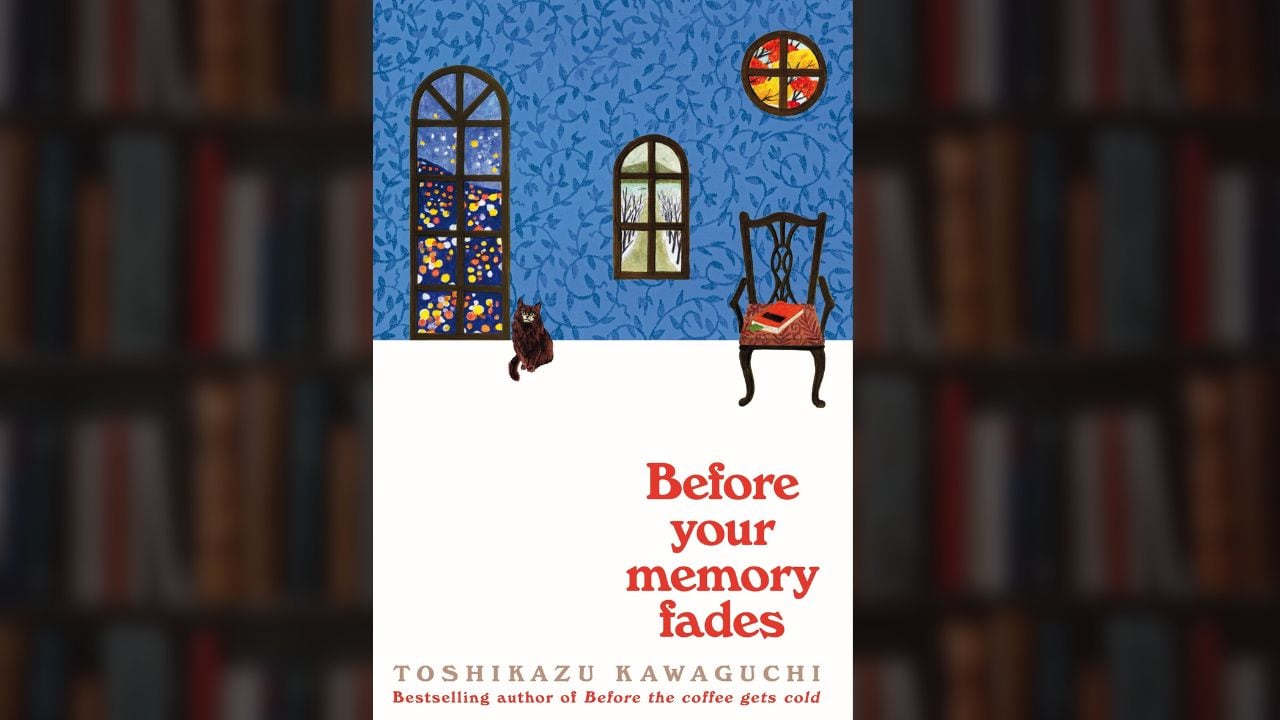Are you seeing what I’m seeing? A curious revival of sorts; the quaint, simple, slice-of-life story book is making room for a comeback. It’s making its way from the periphery to the centre, quite unimpeded by the noise.
Readers may remember #BookStrapping’s review of Tomb of Sand in which author Geetanjali Shree was out there to tell an uncomplicated story and tickle the reader- plain and simple! She won The Booker Prize for her efforts no less.
Similarly, ‘Before Your Memory Fades’ by Toshikazu Kawaguchi (translated by Geoffrey Trousselot) is a charming story- rather, it has four charming stories. You will encounter four characters who feel the need to confront their past or embrace their future. Make yourself a cup of coffee and sit down. Because this is a smooth, soulful ride. Our usual five reasons to pick up this book are:
1 – The book is about loss and regret, anger and confrontation, all conducted within the parameters of the time it takes for the coffee to go cold. The placement of sentences like ‘Oh! the joy of being young’, and ‘we will be together forever’ is impeccable.
2 – This is the third novel in the ‘Before the Coffee Gets Cold series.’ I must confess I haven’t read the other two, so I enjoyed this book like it were entirely new. Cafe Donna Donna offers its customers the extraordinary experience of travelling through time.
Kawaguchi’s intention may not be as simple- it seems that the author is nudging the reader to answer the question-‘ what would you change if you could travel back in time?’
3 – For those who feel that ‘emotional storytelling’ is largely a visual medium, try this. Close your eyes and visualise a sequence from the chapter titled ‘Sister’. I guarantee you a very unusual experience.
4 – There are multiple instances in the chapters where each character is asked to make a choice. For e.g. if you’re in your mother’s womb and the world were to end tomorrow, what would you choose? To be born or not to be born. The thing with these questions is that if you asked yourself they wouldn’t be so easy to answer.
The book is old-world. By that I mean poignant.
And soul-stirringly gladsome, if I may also travel back in time to borrow a phrase. The book does not seek pace, nor does it offer any to the reader. It’s like a ‘ghazal’ holding its own in the middle of a rock concert.
Reeta Ramamurthy Gupta is a columnist and bestselling biographer. She is credited with the internationally acclaimed Red Dot Experiment, a decadal six-nation study on how ‘culture impacts communication.’ On Twitter @OfficialReetaRG.
